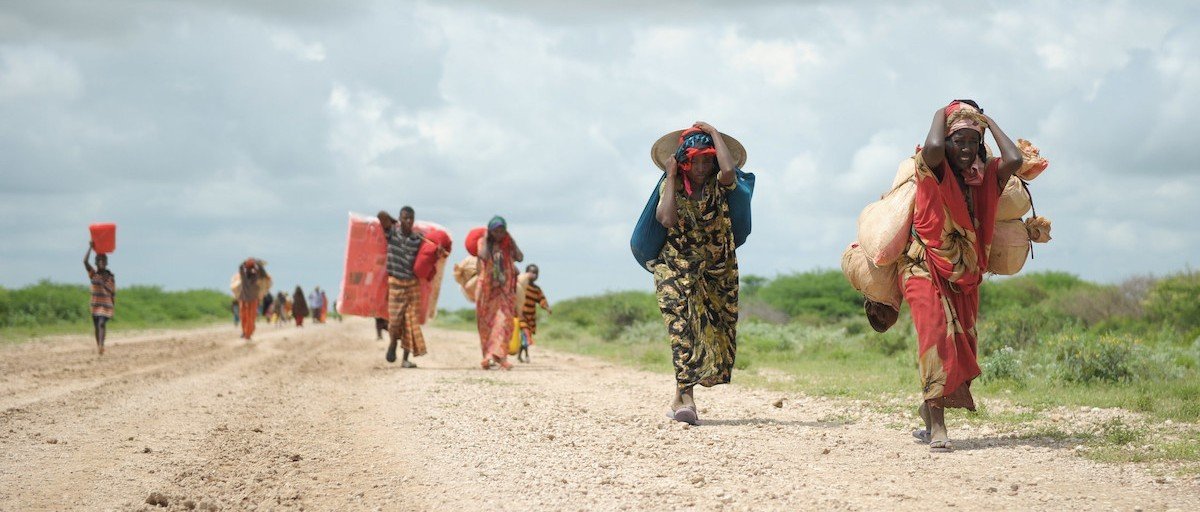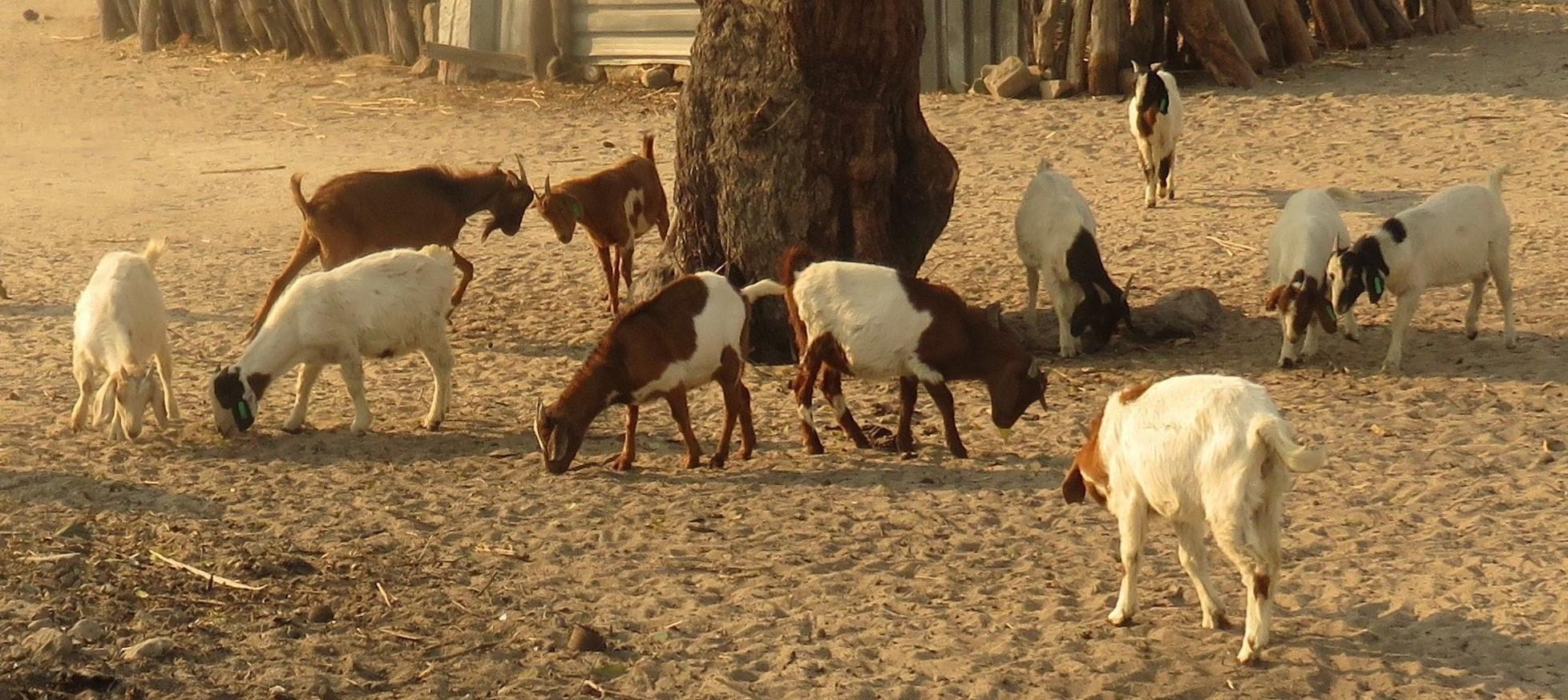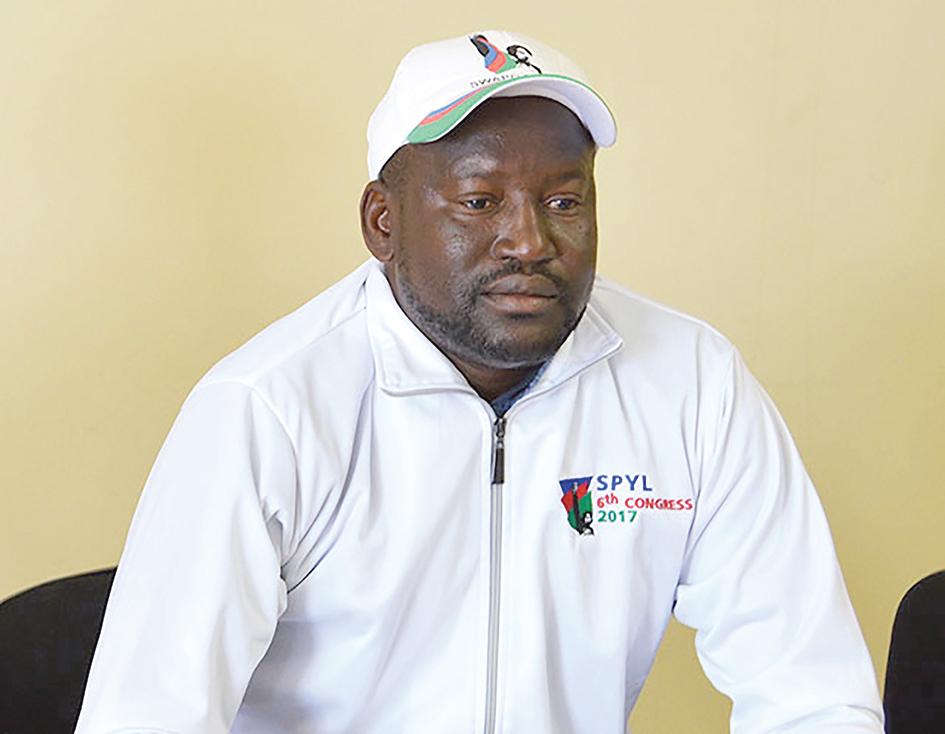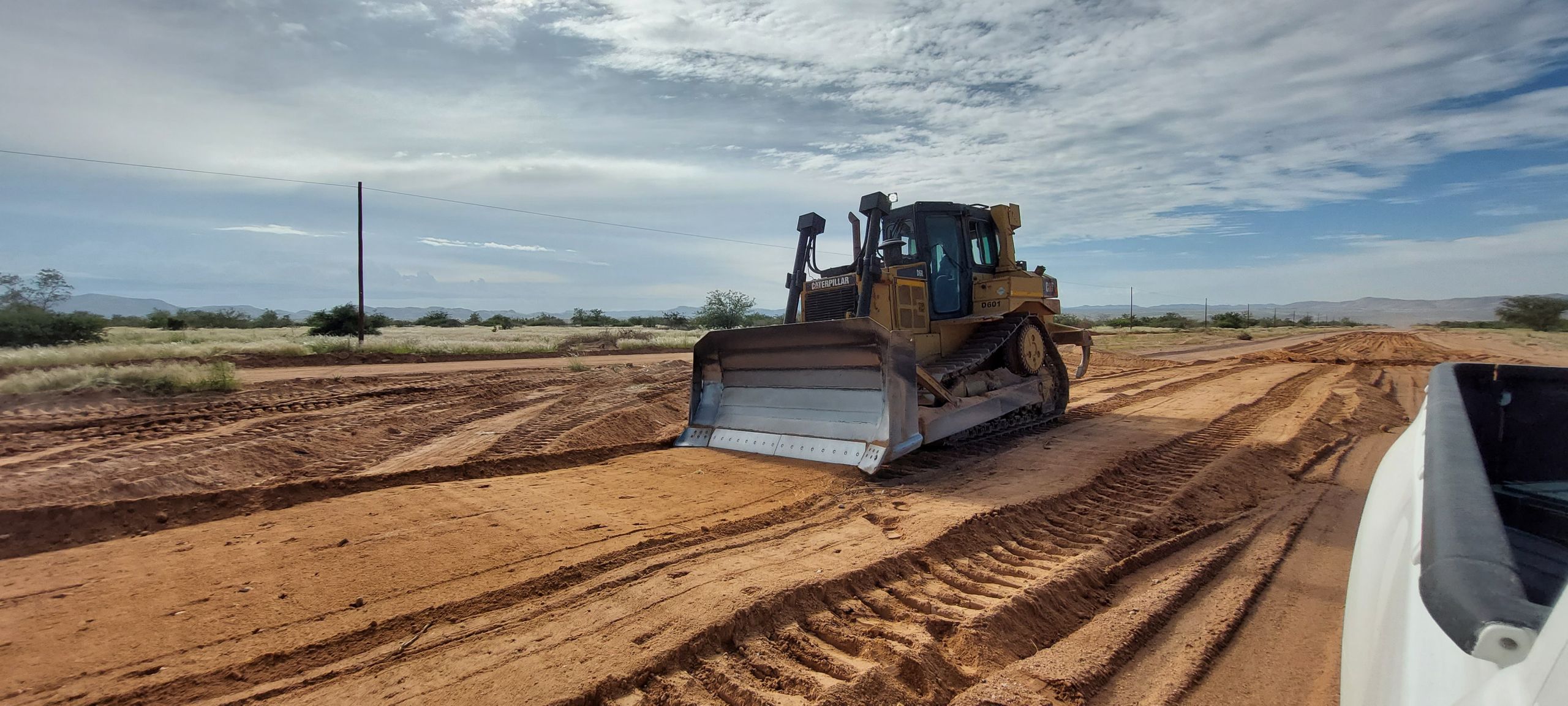NAMIBIA had to expand its economy and increase its exports in order to reach industrialisation, outgoing Swapo president Sam Nujoma told the delegates of the Swapo congress yesterday.
The country was rich in “minerals and rocks such as granite and marble,” besides diamonds, gold and uranium which could have a significant impact on the country’s economic development and on the road to become an industrialised nation by 2030, said Nujoma, who is currently studying geology. “Unfortunately, apart from a few diamond cutting and polishing plants, Namibia does not have manufacturing plants that add value (locally) to our mineral products,” Nujoma added.”We should, therefore, embark upon manufacturing and local value addition of our natural resources as finished products for local consumption and export and aggressively market our products.It is very urgent that we diversify and expand our exports worldwide to get more economic returns.”Africa’s rich mineral resources should be processed in Africa instead of being exported in raw form to other continents “at the expense of the African people,” Nujoma told the congress delegates.The African Union (AU) should ensure value addition on the continent “so that we can eradicate poverty and under-development on the African continent”.”Swapo supports all efforts of the African Union to accelerate the socio-economic integration of the African continent,” Nujoma added.”We only ensure the economic prosperity of all the African people when we promote commercial trade and investments among all African states and strengthen all structures of the AU to achieve complete integration of the African continent.”President Hifikepunye Pohamba, who spoke immediately after Nujoma, said the country required political leaders “who have a deep understanding of current conditions in our country and who are both politically astute and economically informed in order to address the pressing needs of our people.”Swapo would increase emphasis on economically empowering women, vocational training for young Namibians, the agricultural Green Scheme and market access for agricultural products, he said.Growing the economy would further entail improved service delivery and infrastructure development in rural areas.”It also means an accelerated land reform programme,” Pohamba told the delegates.”Let us stand back and take stock of what we have achieved, where we have failed and where we want Namibia to go.At the same time, let us be realistic about our expectations,” Pohamba said.”Unfortunately, apart from a few diamond cutting and polishing plants, Namibia does not have manufacturing plants that add value (locally) to our mineral products,” Nujoma added.”We should, therefore, embark upon manufacturing and local value addition of our natural resources as finished products for local consumption and export and aggressively market our products.It is very urgent that we diversify and expand our exports worldwide to get more economic returns.”Africa’s rich mineral resources should be processed in Africa instead of being exported in raw form to other continents “at the expense of the African people,” Nujoma told the congress delegates.The African Union (AU) should ensure value addition on the continent “so that we can eradicate poverty and under-development on the African continent”.”Swapo supports all efforts of the African Union to accelerate the socio-economic integration of the African continent,” Nujoma added.”We only ensure the economic prosperity of all the African people when we promote commercial trade and investments among all African states and strengthen all structures of the AU to achieve complete integration of the African continent.”President Hifikepunye Pohamba, who spoke immediately after Nujoma, said the country required political leaders “who have a deep understanding of current conditions in our country and who are both politically astute and economically informed in order to address the pressing needs of our people.”Swapo would increase emphasis on economically empowering women, vocational training for young Namibians, the agricultural Green Scheme and market access for agricultural products, he said.Growing the economy would further entail improved service delivery and infrastructure development in rural areas.”It also means an accelerated land reform programme,” Pohamba told the delegates.”Let us stand back and take stock of what we have achieved, where we have failed and where we want Namibia to go.At the same time, let us be realistic about our expectations,” Pohamba said.
Stay informed with The Namibian – your source for credible journalism. Get in-depth reporting and opinions for
only N$85 a month. Invest in journalism, invest in democracy –
Subscribe Now!










